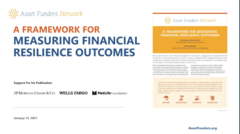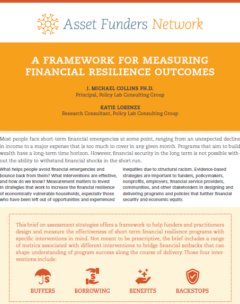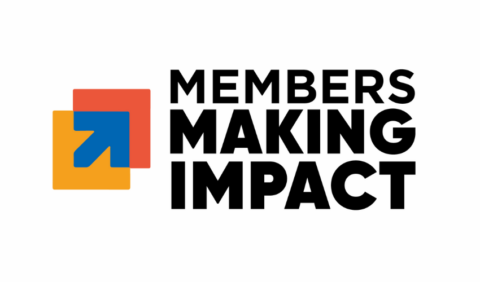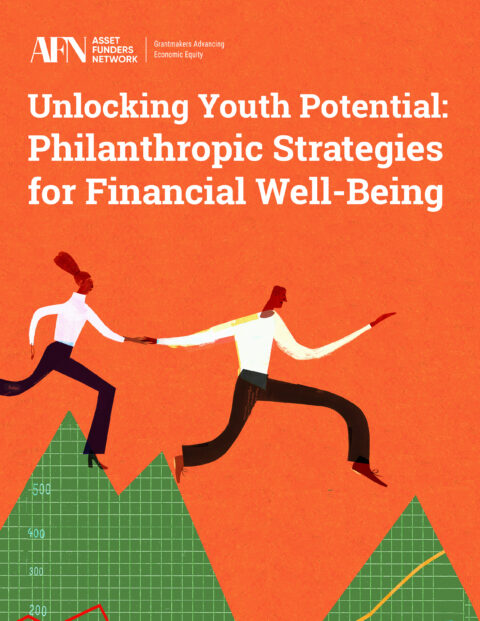All families will face financial shocks at some point. The goal of short-term interventions is to provide a “bridge” to get people over the shortfall and back on the road toward their financial goals. Measuring the success of interventions matters, so that we can develop and invest in strategies that work to increase the financial resilience of economically vulnerable households, especially those who have been left out of opportunities and experienced inequities due to structural racism.
– What interventions are effective at helping families to better manage financial shocks, and how do we know?
– What metrics can help us understand how to further financial security and economic equity along the course of service delivery?
In AFN’s new brief, A Framework for Measuring Financial Resilience Outcomes, author J. Michael Collins, of PolicyLab Consulting Group, shares about a flexible framework to help funders and practitioners design and measure the effectiveness of short-term financial resilience programs with specific interventions that were presented in our recent brief, “Achieving Financial Resilience in the Face of Financial Setbacks”, in mind: buffers (saving), borrowing, benefits (cash assistance), and backstops (insurance).
Speakers include:
Sarah Bainton Kahn, JPMorgan Chase
Michael Collins, Policy Lab Consulting Group
Jose Quinonez, Mission Asset Fund
Evelyn Stark, MetLife Foundation – moderator




